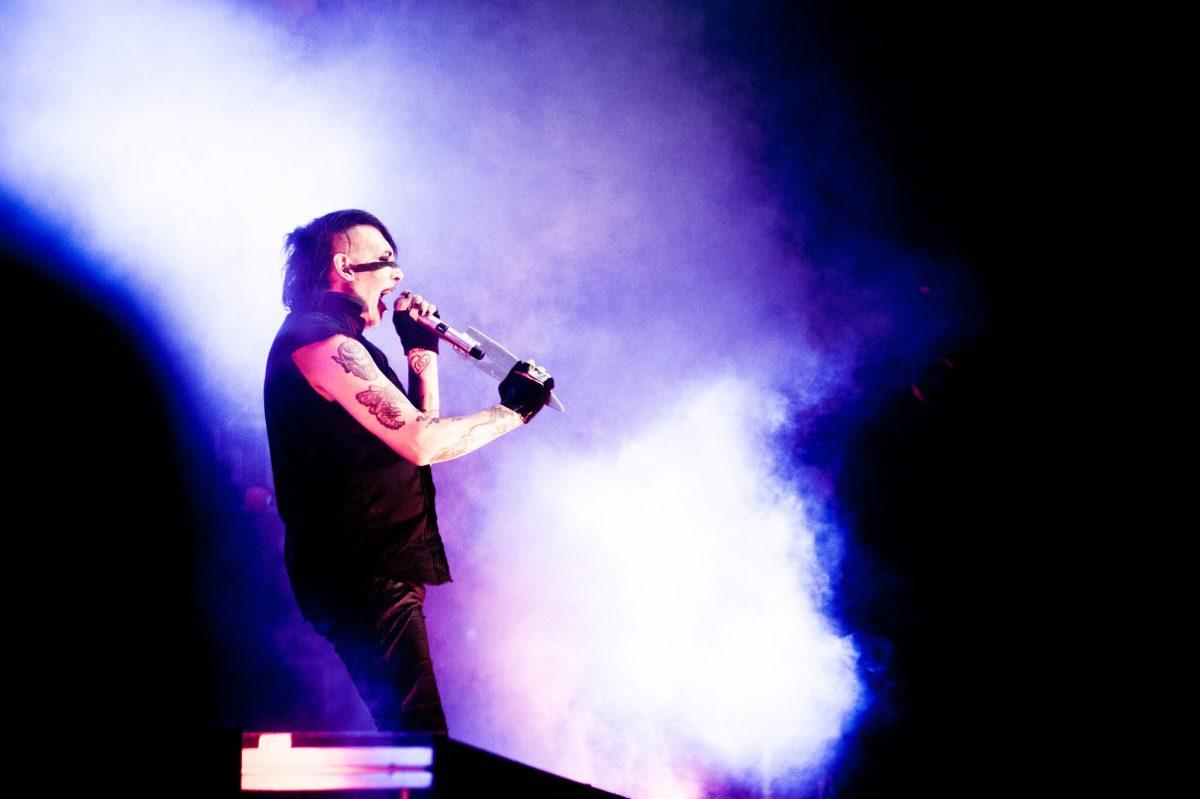Seemingly out of nowhere, shock rocker Marilyn Manson or Brian Warner was dropped from not only his record label but his agency and by longtime manager following allegations of physical and sexual abuse after actress Evan Rachel Wood confirmed on social media that it was Manson who she was referring to in front of a House Judiciary subcommittee in support of the Sexual Assault Survivors’ Bill of Rights Act.
COURTESY // Kmeron
Wood had also campaigned for the Phoenix Act in California which would “create more rights for survivors, not harsher punishments for perpetrators. Under specific circumstances, there should be exceptions to the statute of limitations for domestic violence crimes,” according to the Phoenix Act website where Wood’s testimony can also be found.
The Westworld actress testified that “It started slow but escalated over time, including threats against my life, severe gas-lighting and brainwashing, [and] waking up to the man that claimed to love me raping what he believed to be my unconscious body,” Wood said. “And the worst part: Sick rituals of binding me up by my hands and feet to be mentally and physically tortured until my abuser felt I had proven my love for them,” Insider reports.
This comes as no surprise because Evan Rachel Wood had been sharing her story for a few years now but the straw that broke the camel’s back was just naming her abuser. These allegations even led to Senator Susan Rubio calling for an FBI investigation arguing that “Individuals who partake in this kind of abuse are often serial offenders.”
Relationships with barely legal girls have a significant power imbalance despite the argument that they’re of age; they might not have the mental or emotional maturity to grasp what situation they’re in.
Looking through Instagram or TikTok and find clips about celebrities that have partners with a not only significant age gap but also a large power-imbalance like that of Marilyn Manson and Evan Rachel Wood which could create an environment for men to groom young women.
Insider tracked their relationship and found that Marilyn Manson dated Evan Rachel Wood in 2007 when Wood was 19. After their breakup in 2009, while promoting his new album The High End of Low, Marilyn Manson told William Goodman for Spin Magazine, “I made the mistake of trying to, desperately, grasp on and save that and own it. And every time I called her that day — I called 158 times.”
Following Woods’ confirmation, multiple people came out stating that they were also survivors of abuse at the hands of Marilyn Manson. Sarah McNeilly stated on social media “He [Brian Warner aka Marilyn Manson] lured me in with ‘love bombing… Before long I was the one being tortured. I was emotionally abused, terrorized and scarred. I was locked in rooms when I was ‘bad’, sometimes forced to listen to him entertaining other women. Kept away from certain friends or if I didn’t he would threaten to come after them. I was told stories of others who tried to tell their story and their pets ended up dead.”
When stories like these keep coming to light can we continue to separate the art and the artist or is there too much intersection between the two of them? Whether it’s an actor that starred in a box office hit or a favorite singer can we continue to sing along to a song that was thought to be romantic but instead describes abuse or are we going to condemn one and turn a blind to another?




































